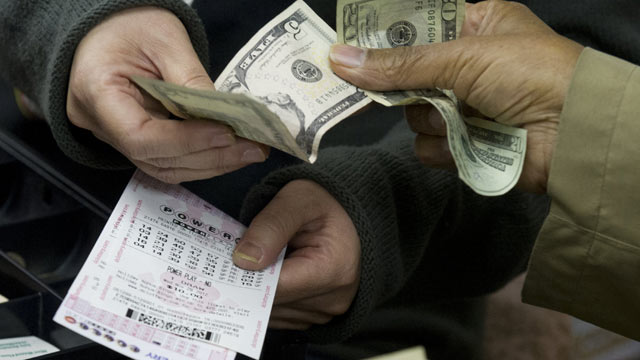In the Tibetan mountains, a fungus attaches itself to a moth larva burrowed in the soil. It infects and slowly consumes its host from within, taking over its brain and making the young caterpillar move to a position from which the fungus can grow and spore again.
Sounds like something out of science fiction, right? But for ailing Chinese consumers and nomadic Tibetan harvesters, the parasite called cordyceps means hope—and big money. Chinese markets sell the "golden worm," or "Tibetan mushroom"—thought to cure ailments from cancer to asthma to erectile dysfunction—for up to $50,000 (U.S.) per pound. Patients, following traditional medicinal practices, brew the fungal-infected caterpillar in tea or chew it raw.
Now the folk medicine is getting scientific backing. A new study published in the journal RNA finds that cordycepin, a chemical derived from the caterpillar fungus, has anti-inflammatory properties.
"Inflammation is normally a beneficial response to a wound or infection, but in diseases like asthma it happens too fast and to too high of an extent," said study co-author Cornelia H. de Moor of the University of Nottingham. "When cordycepin is present, it inhibits that response strongly."
And it does so in a way not previously seen: at the mRNA stage, where it inhibits polyadenylation. That means it stops swelling at the genetic cellular level—a novel anti-inflammatory approach that could lead to new drugs for cancer, asthma, diabetes, rheumatoid arthritis, and cardiovascular-disease patients who don't respond well to current medications.
From Worm to Pill
But such new drugs may be a long way off. The science of parasitic fungi is still in its early stages, and no medicine currently available utilizes cordycepin as an anti-inflammatory. The only way a patient could gain its benefits would by consuming wild-harvested mushrooms.
De Moor cautions against this practice. "I can't recommend taking wild-harvested medications," she says. "Each sample could have a completely different dose, and there are mushrooms where [taking] a single bite will kill you."
Today 96 percent of the world's caterpillar-fungus harvest comes from the high Tibetan Plateau and the Himalayan range. Fungi from this region are of the subspecies Ophiocordyceps sinensis, locally known as yartsa gunbu ("summer grass, winter worm"). While highly valued in Chinese traditional medicine, these fungi have relatively low levels of cordycepin. What's more, they grow only at elevations of 10,000 to 16,500 feet and cannot be farmed. All of which makes yartsa gunbu costly for Chinese consumers: A single fungal-infected caterpillar can fetch $30.
Brave New Worm
Luckily for researchers, and for potential consumers, another rare species of caterpillar fungus, Cordyceps militaris, is capable of being farmed—and even cultivated to yield much higher levels of cordycepin.
De Moor says that's not likely to discourage Tibetan harvesters, many of whom make a year's salary in just weeks by finding and selling yartsa gunbu. Scientific proof of cordycepin's efficacy will only increase demand for the fungus, which could prove dangerous. "With cultivation we have a level of quality control that's missing in the wild," says de Moor.
"There is definitely some truth somewhere in certain herbal medicinal traditions, if you look hard enough," says de Moor. "But ancient healers probably wouldn't notice a 10 percent mortality rate resulting from herbal remedies. In the scientific world, that's completely unacceptable." If you want to be safe, she adds, "wait for the medicine."
Ancient Chinese medical traditions—which also use ground tiger bones as a cure for insomnia, elephant ivory for religious icons, and rhinoceros horns to dispel fevers—are controversial but popular. Such remedies remain in demand regardless of scientific advancement—and endangered animals continue to be killed in order to meet that demand. While pills using cordycepin from farmed fungus might someday replace yartsa gunbu harvesting, tigers, elephants, and rhinos are disappearing much quicker than worms.










